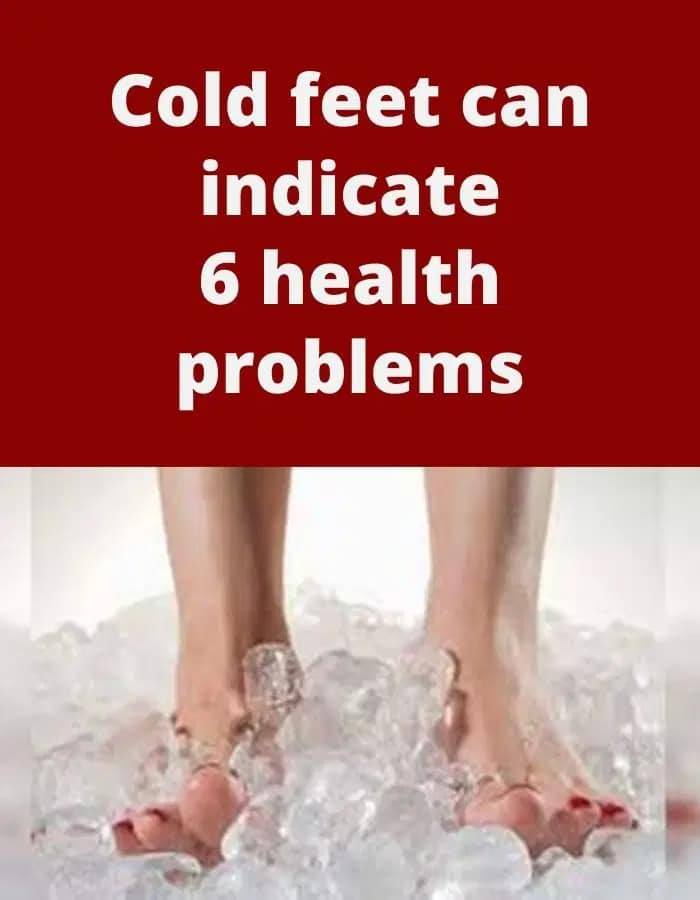Cold Feet Can Signal 6 Health Problems
Feeling cold feet is common, especially during colder weather. Often, slipping on a pair of socks or wrapping up in a blanket can solve the issue. However, if this sensation is constant or occurs without an obvious reason, it could be a sign that your body is trying to tell you something.
In this article, I’ll explain the six main health problems that might be behind cold feet and how to recognize the signs.
Why Do Feet Get Cold?
The human body is designed to prioritize keeping vital organs warm. When exposed to cold, blood flow is redirected to the torso, leaving extremities like hands and feet feeling cooler.
However, cold feet aren’t always due to the environment. Issues with circulation, nerve function, or hormonal changes can also affect the temperature of your extremities.
If your feet are frequently cold, even in warm conditions, it’s worth paying attention to other symptoms that may accompany this sensation.
6 Health Problems Linked to Cold Feet
1. Poor Circulation: The Most Common Cause
Poor circulation is a leading cause of cold feet. When blood doesn’t flow efficiently, the extremities receive less warmth. This can result from a sedentary lifestyle, smoking, obesity, or cardiovascular conditions.
What to do:
Engage in regular physical activity like walking or stretching to boost circulation.
If symptoms persist, consult a doctor to rule out underlying conditions.
2. Anemia: A Lack of Iron
Anemia occurs when the body lacks enough healthy red blood cells to carry oxygen. Reduced oxygen levels can leave your hands and feet feeling cold. Common causes include iron or vitamin B12 deficiencies or chronic illnesses.
What to do:
